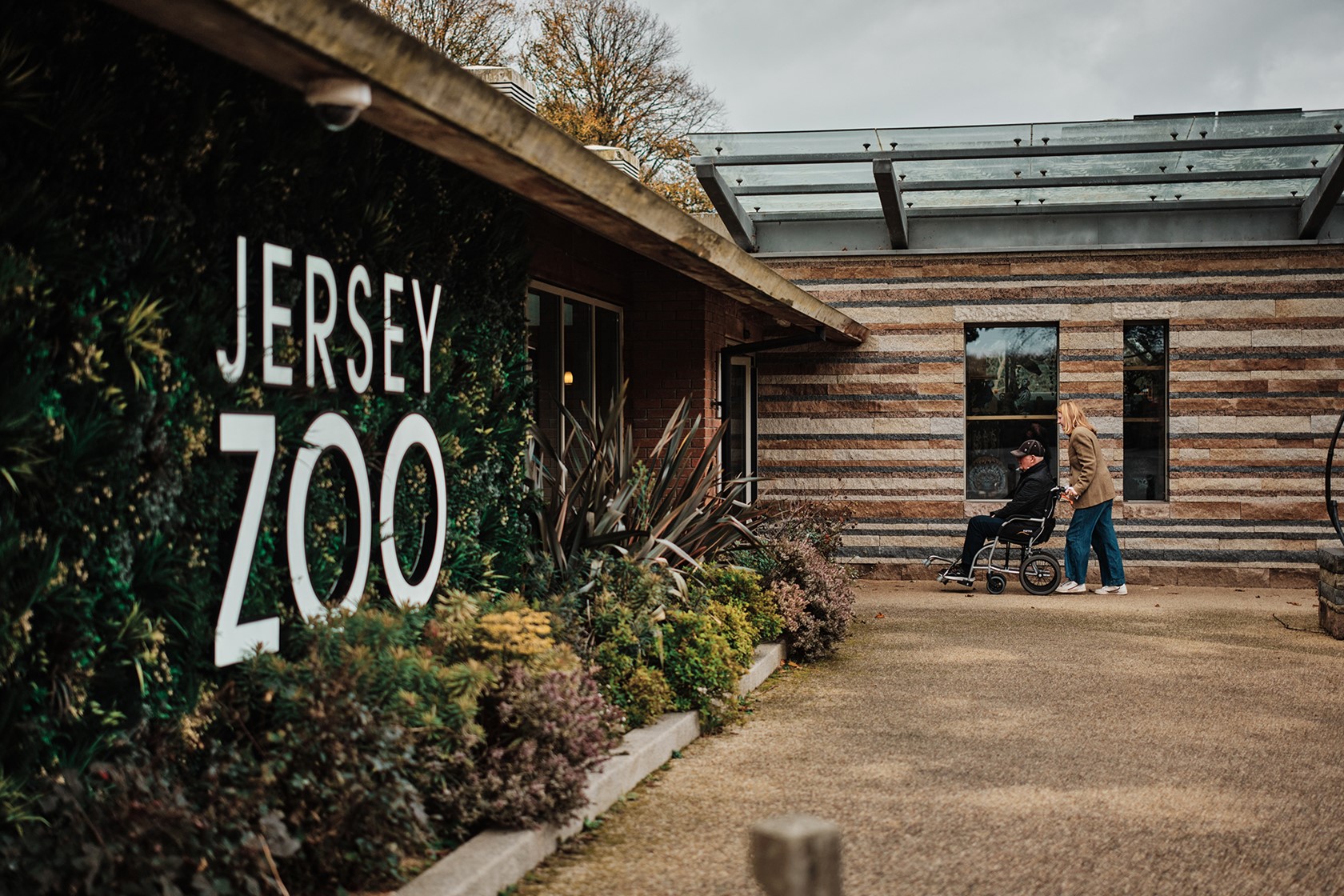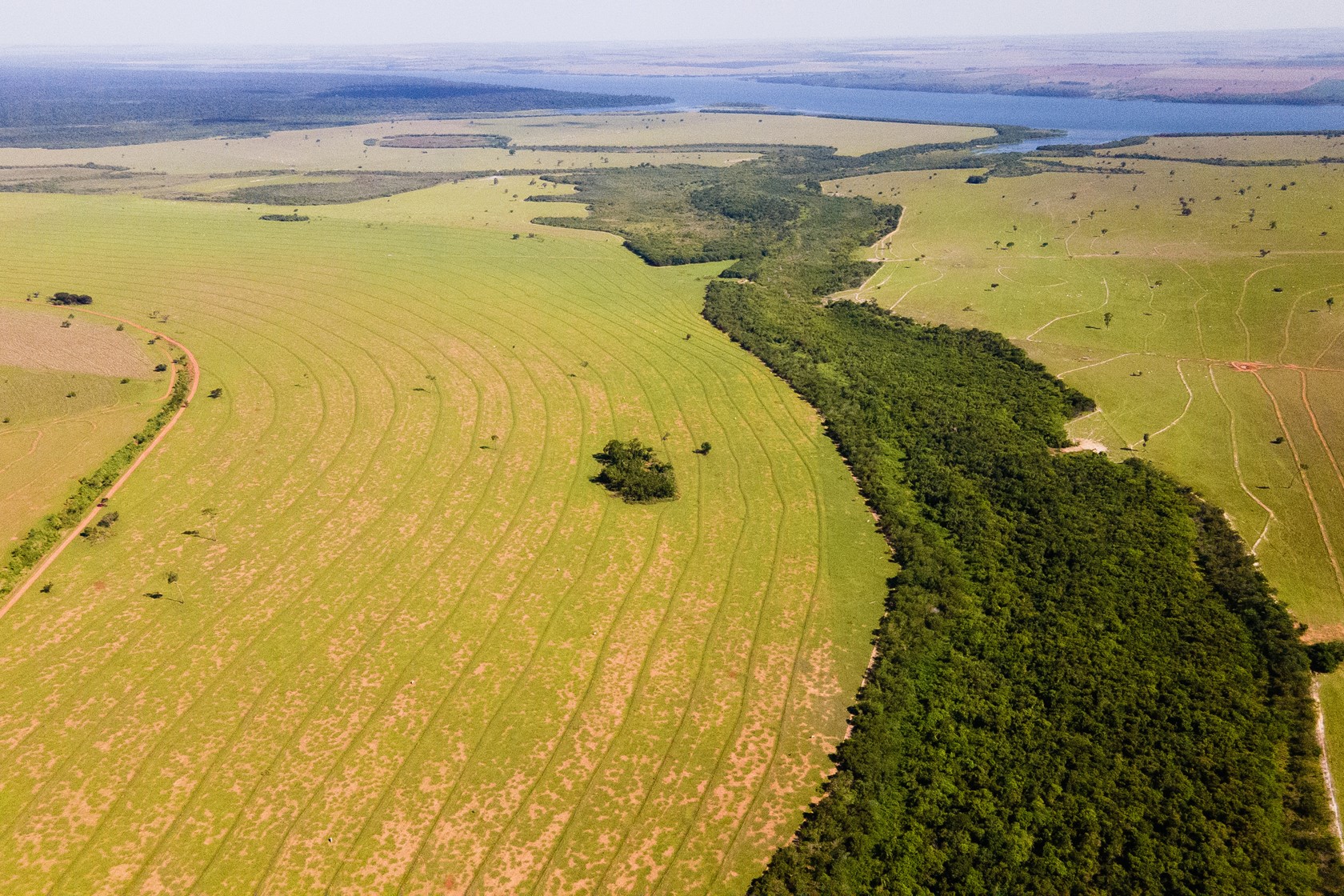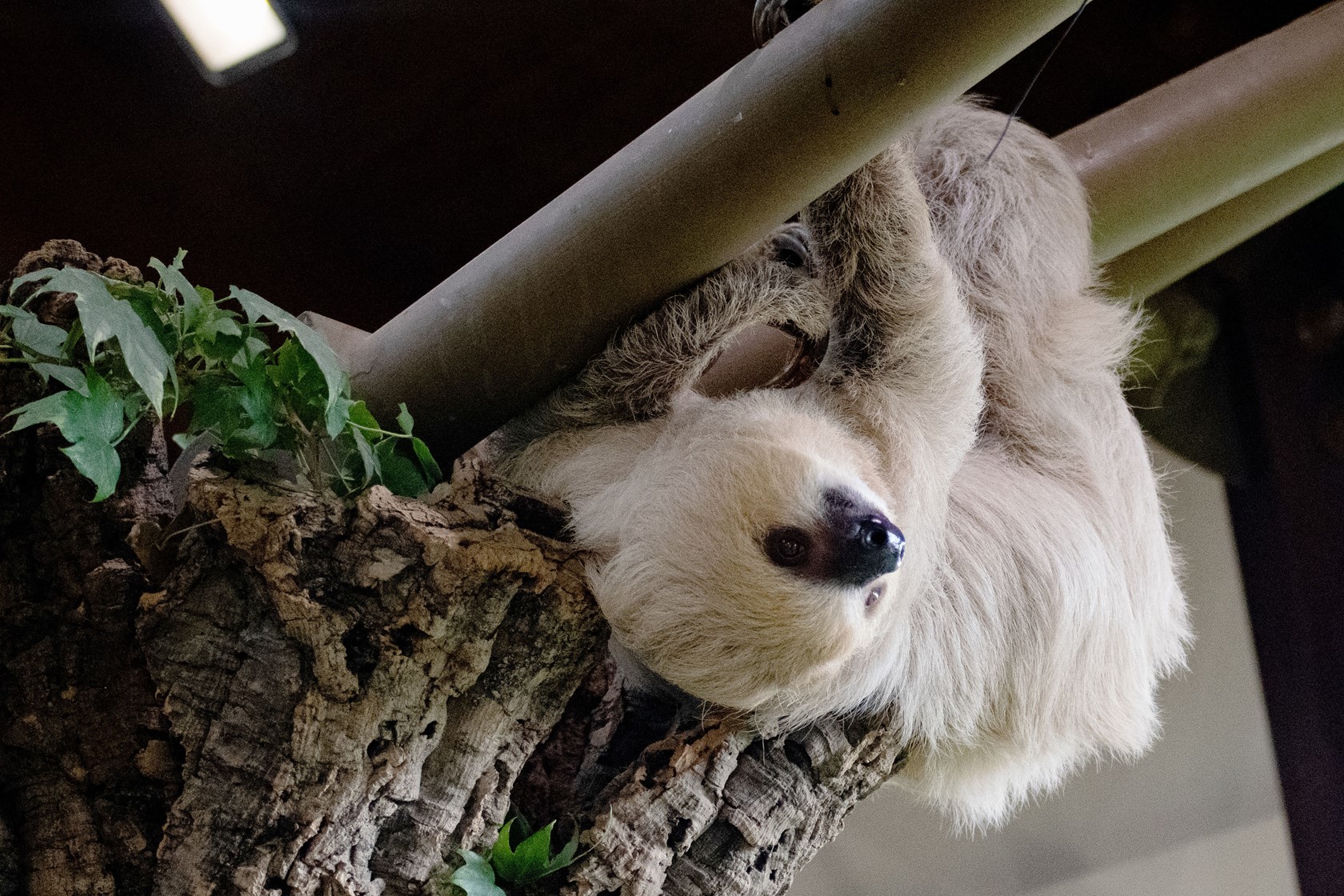SMSG Joins forces to conserve the world's small mammals
Today we announce a new strategic partnership between SMSG, Global Wildlife Conservation, Durrell and Texas A&M to scale up conservation for the world's small mammals. In a nutshell, up until now, small mammals have been overlooked in favour of larger charismatic mammals.
They have in general been understudied and underrepresented in terms of both conservation funding and actions. This means that for the majority of the more than 2,800 species within the SMSG there is a lack of even basic ecological knowledge and very few people are working to conserve them. This joint initiative, made possible by the generous support of GWC, will allow us to bring together a range of expertise so that we can achieve effective conservation action to secure the future of small mammals. We will ensure that we can strategically set priorities, as well as implement practical conservation actions in the field.
So, we have come up with a plan. We will implement three programmes of work to encourage people to care, research and help to conserve small mammals:
Promoting small mammal conservation within the world's leading zoos
We believe zoos should be playing a much greater role in captive breeding for conservation purposes and provide greater funding and expertise to in-situ conservation efforts in the field. But, how can we get the zoo community more involved? To do this, we first need to better understand why certain species are currently held in collections. Once we have this information we plan to undertake a number of ex-situ needs assessments, which will involve bringing experts together for a series of regional planning workshops.
Developing champions for key small mammal species
Individuals and small organisations can play a huge role in championing species conservation efforts, and ultimately this can lead to site-level protection programmes. We will identify key species using a variety of prioritisation methods and will then work to build the capacity needed for organisations or individuals to conserve them: this could include assistance with funding and training, support for research activities, providing networking opportunities and facilitating action planning. We want to excite people about small mammal species, and hopefully, they will then go on to inspire other researchers and conservationists to work on them too.
Building conservation capacity in key small mammal regions
By identifying key geographical regions to begin conservation efforts, we can have maximum benefits to a whole suite of small mammal species. The SMSG, alongside many other important partners, has been working hard to complete the IUCN Red List reassessments for small mammals. To date, they have reassessed more than 2,000 species. We will use the results of this work to determine where there are particularly high densities of Globally Threatened and Data Deficient species and then focus our efforts on these regions. We have a strong and dedicated team in place to deliver these three programmes of work. The SMSG has teams in the UK at Durrell and in the United States at Texas A&M University. They are responsible for driving the taxonomic and ecological research for the group and promoting conservation actions. Together they have a wide range of experience in carrying out species-level and site-level conservation projects. GWC will be involved in a strategic role, helping with the design and decisions associated with these various programmes of work. Their experience in capacity building, explorations, and habitat conservation will be invaluable to the initiative we can not wait to get started!

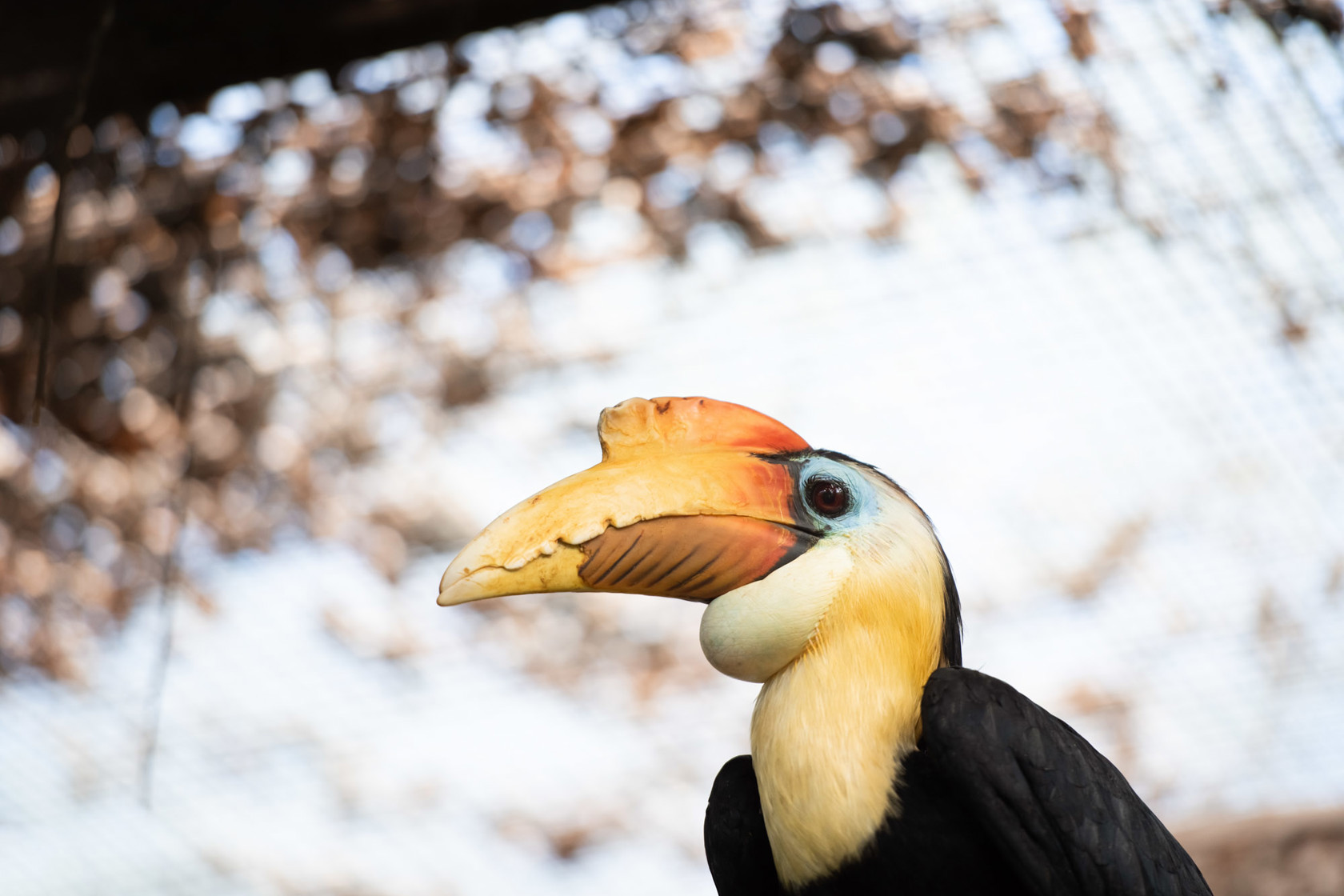
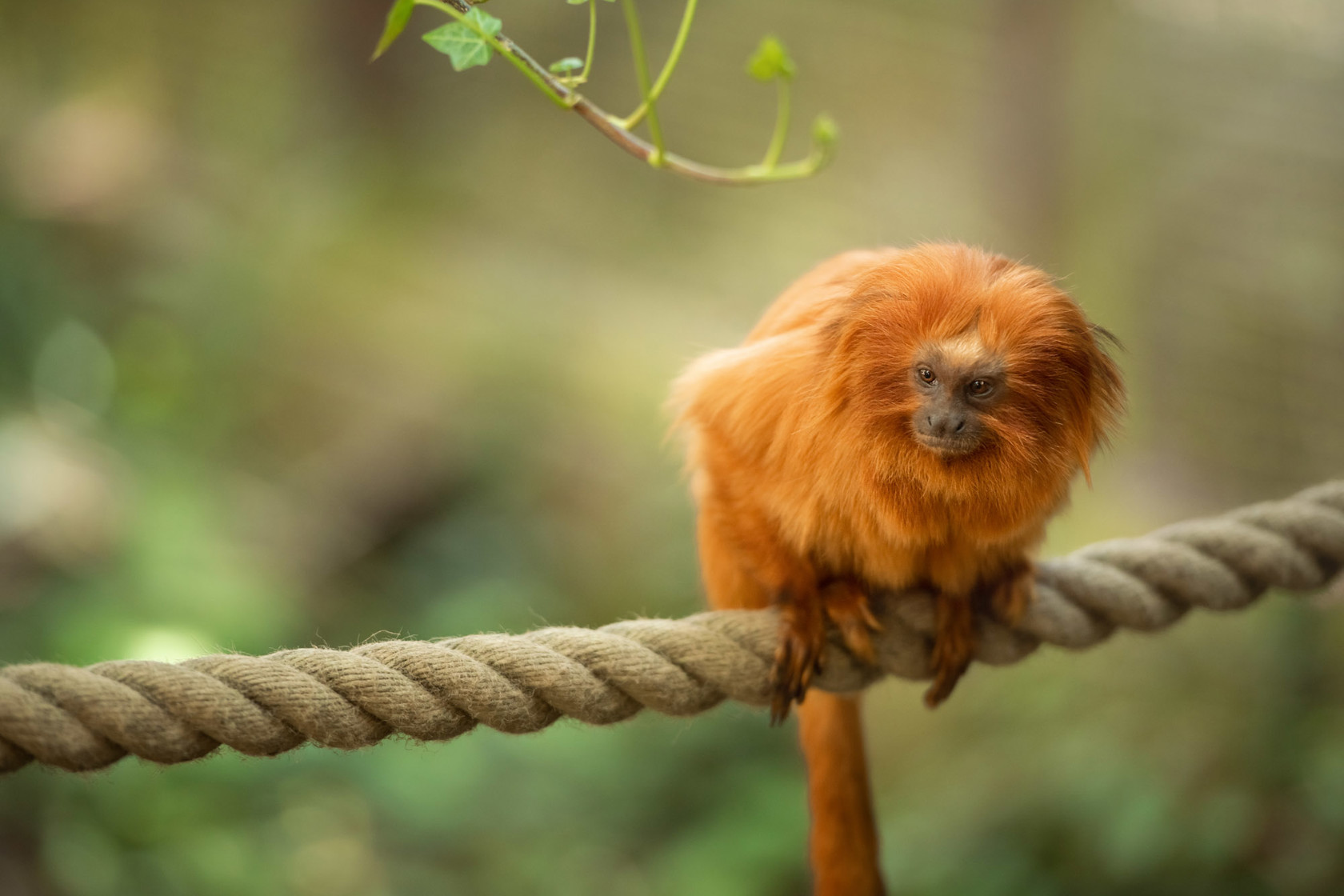
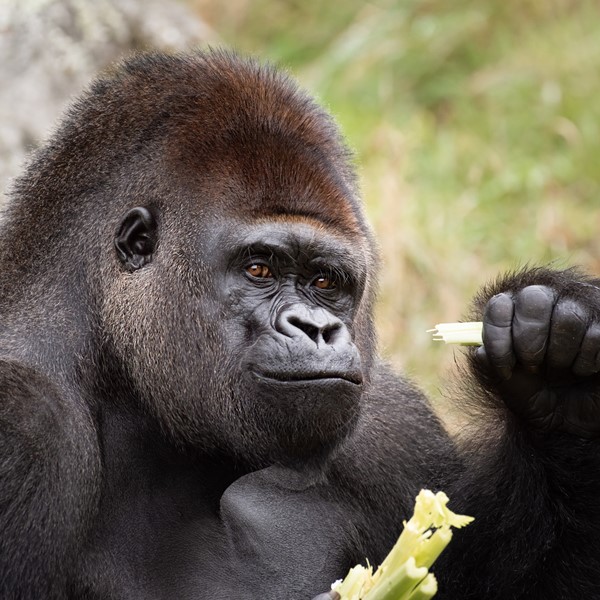 Mammals
Mammals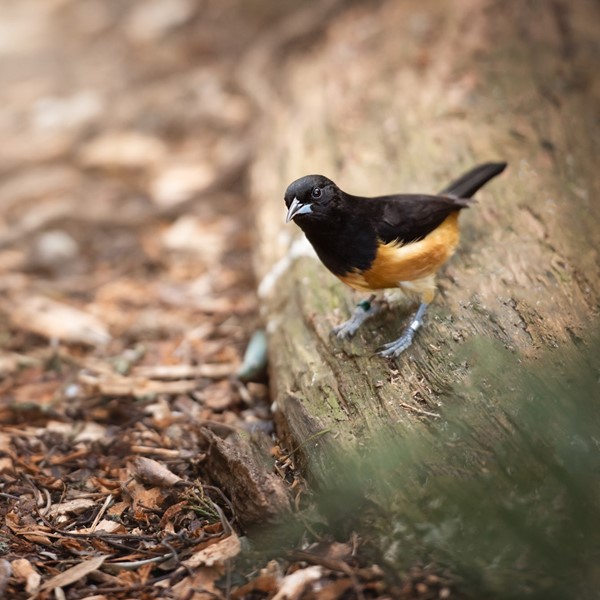 Birds
Birds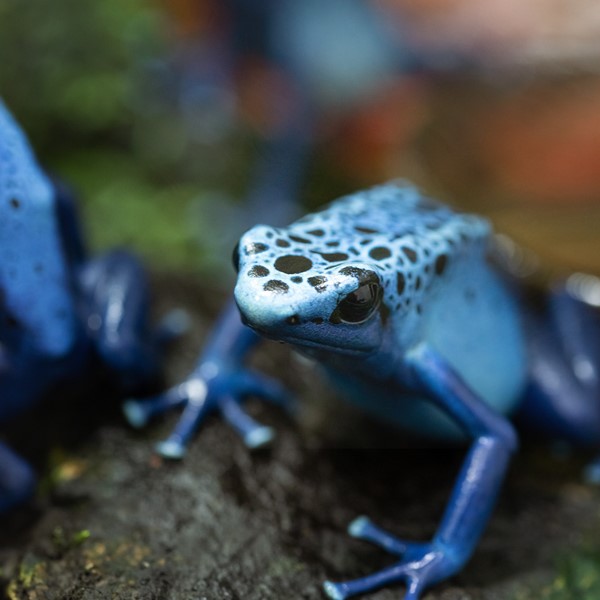 Amphibians
Amphibians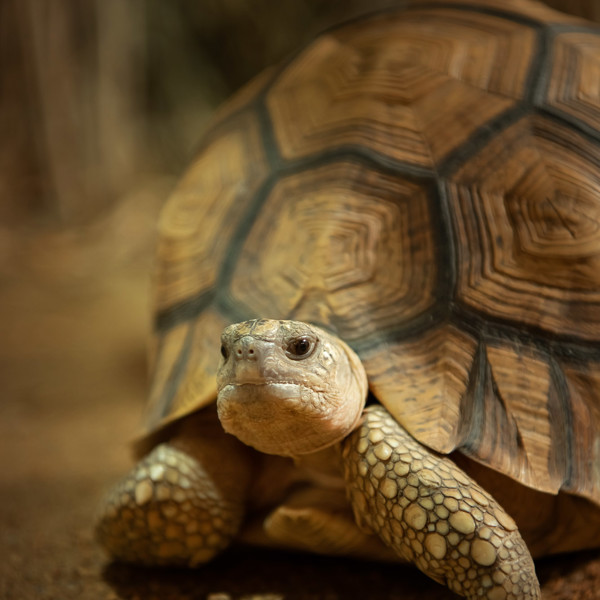 Reptiles
Reptiles